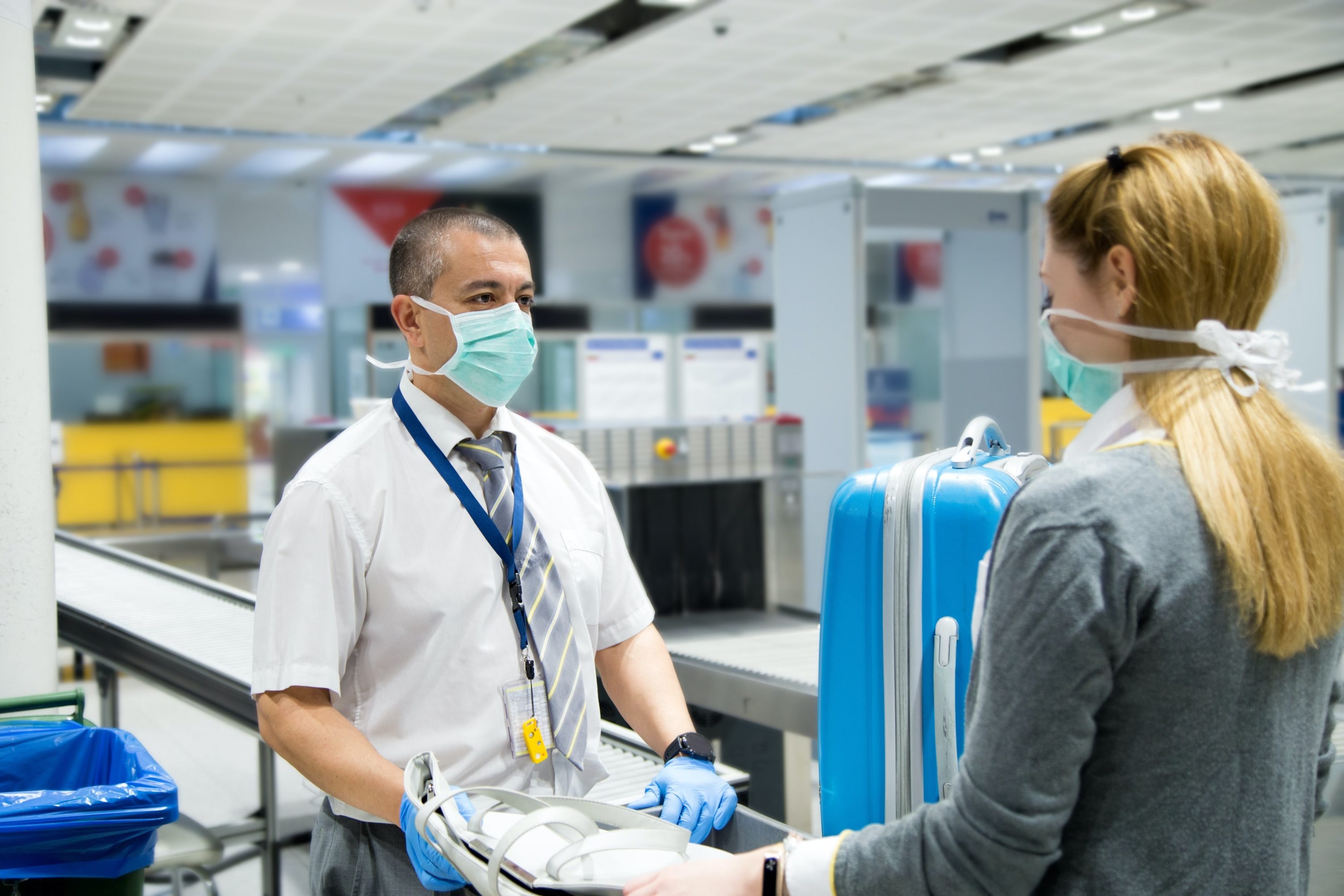Six Trends That Will Shape Business Travel In 2021
what the future holds for travellers and the industryAs the worldwide vaccination programme gathers pace, businesses across the globe are starting to plan for a return to travel in 2021. Although it is challenging to predict how the next 12 months will pan out, there are clear trends emerging in the wake of COVID-19.
Some were brought on by the pandemic, some were accelerated by it and others were suppressed in 2020 but will re-emerge once stability is restored.
For C-suites and travel managers looking to build a robust return to travel programme, acknowledging and adapting to these trends will be an essential part of building traveller confidence and reintroducing in-person meetings.
Unmanaged travel will be managed out
The mass chaos and confusion caused by COVID-19 has strengthened the travel manager’s resolve to significantly reduce, if not prohibit, unmanaged travel altogether.
If travellers book flights and hotels directly via third-party sites, then they do not have access to the company’s alerts and advisories on health and hygiene at their destination or to technology that enables their employer to quickly account for and contact them in the event of a crisis.
It is perhaps unsurprising that a recent snap poll of travel managers revealed that where companies do not mandate the use of a TMC or travel booking tool, travel managers believe there is now more executive support for doing so.
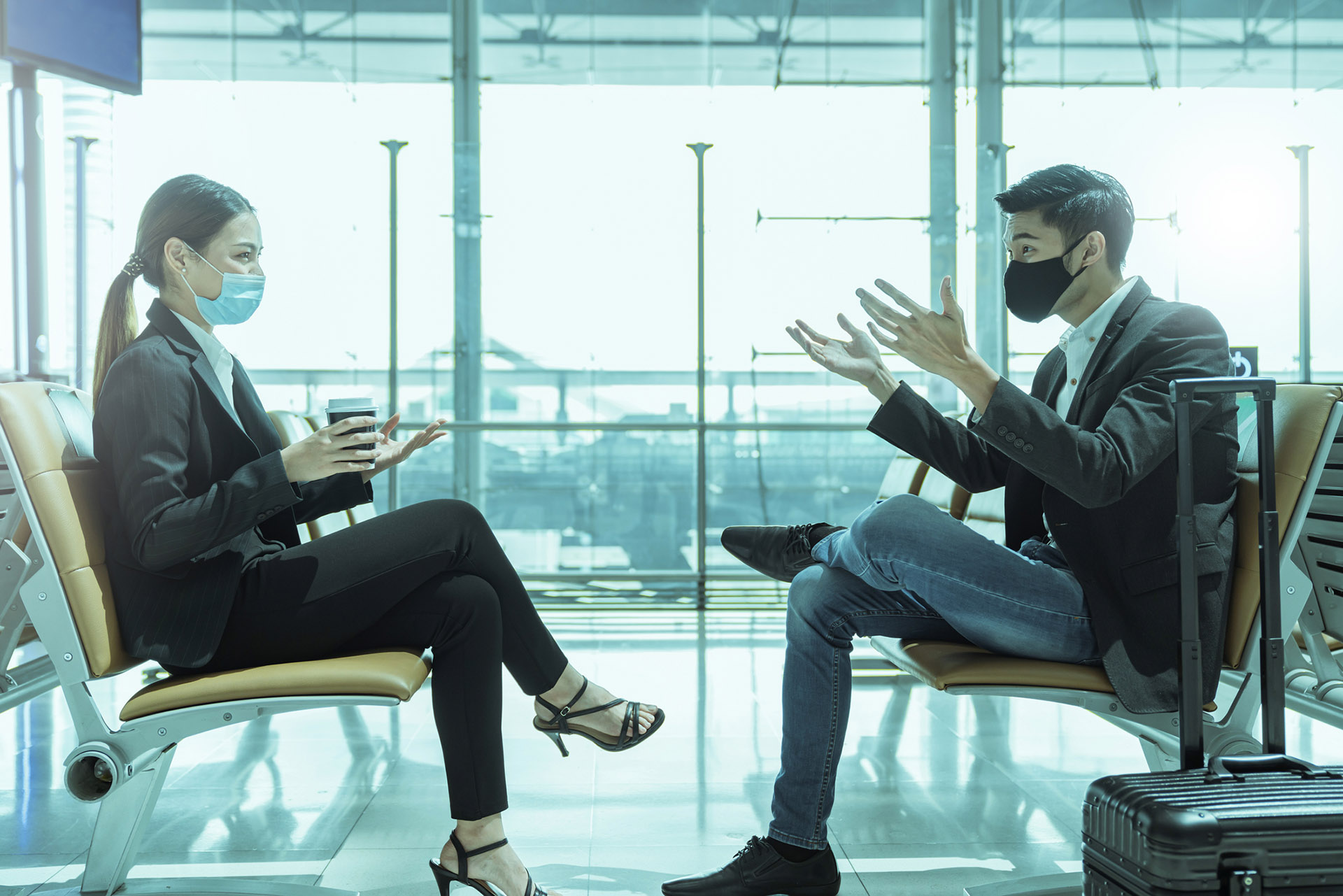

Travel managers will become trusted CEO advisors
How and when employees return to travel is a CEO priority in 2021, providing a unique opportunity for travel managers to act as their trusted advisor. According to recent research, 54% of travel managers now have “more engagement with executive leadership” – a jump of 50% as compared to pre-COVID.
In the next few months, CEOs will continue to lean heavily on travel managers for guidance on how to rebuild the confidence of their traveling workforce safely and responsibly. This is an opportunity for travel professionals to grow their influence within their organisation, as well as educate senior management on the strategies, policies and tools needed to thrive in a ‘new normal’.
Travel programmes will pivot from price to employee experience
Business travel programs have historically focused on controlling costs, but in 2021 there will be a major shift towards traveller wellbeing and duty of care. The chaotic scenes at airports in February as the virus started to spread has reminded senior executives of the weight of responsibility on their shoulders to protect their travelling workforce. It has also knocked the confidence of travellers who will need more empathetic policies and hands-on support to return to travel.
Travel managers may respond by relaxing certain policies such as allowing employees to take a cab from the airport rather than public transport. They will also increase their investment in technologies that support their employees while on the road and enable them to dynamically respond to an ever-changing landscape of restrictions and regulations. These include alerts and advisories integrated directly into the booking path, traveller tracking tools and AI-powered virtual assistants.
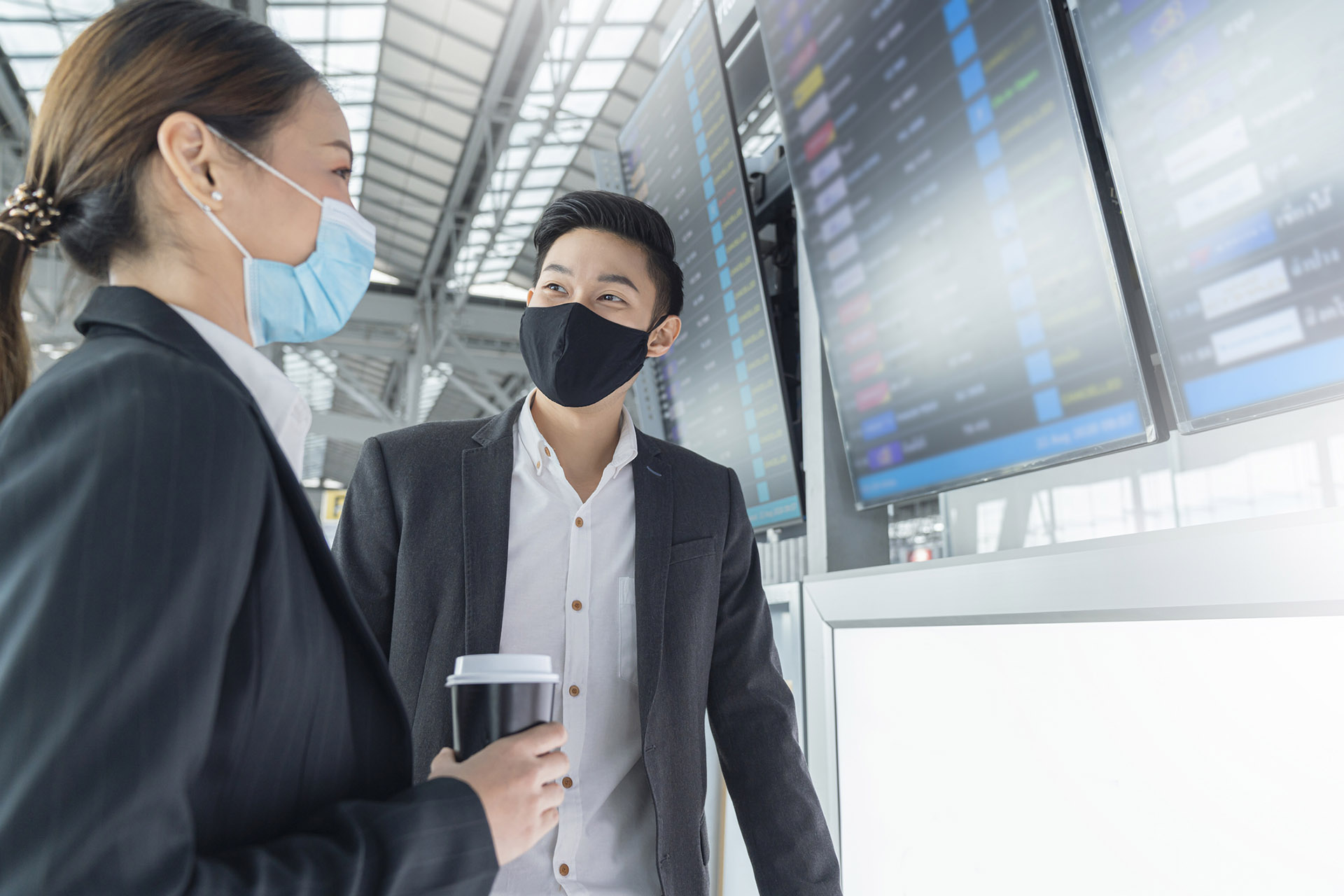
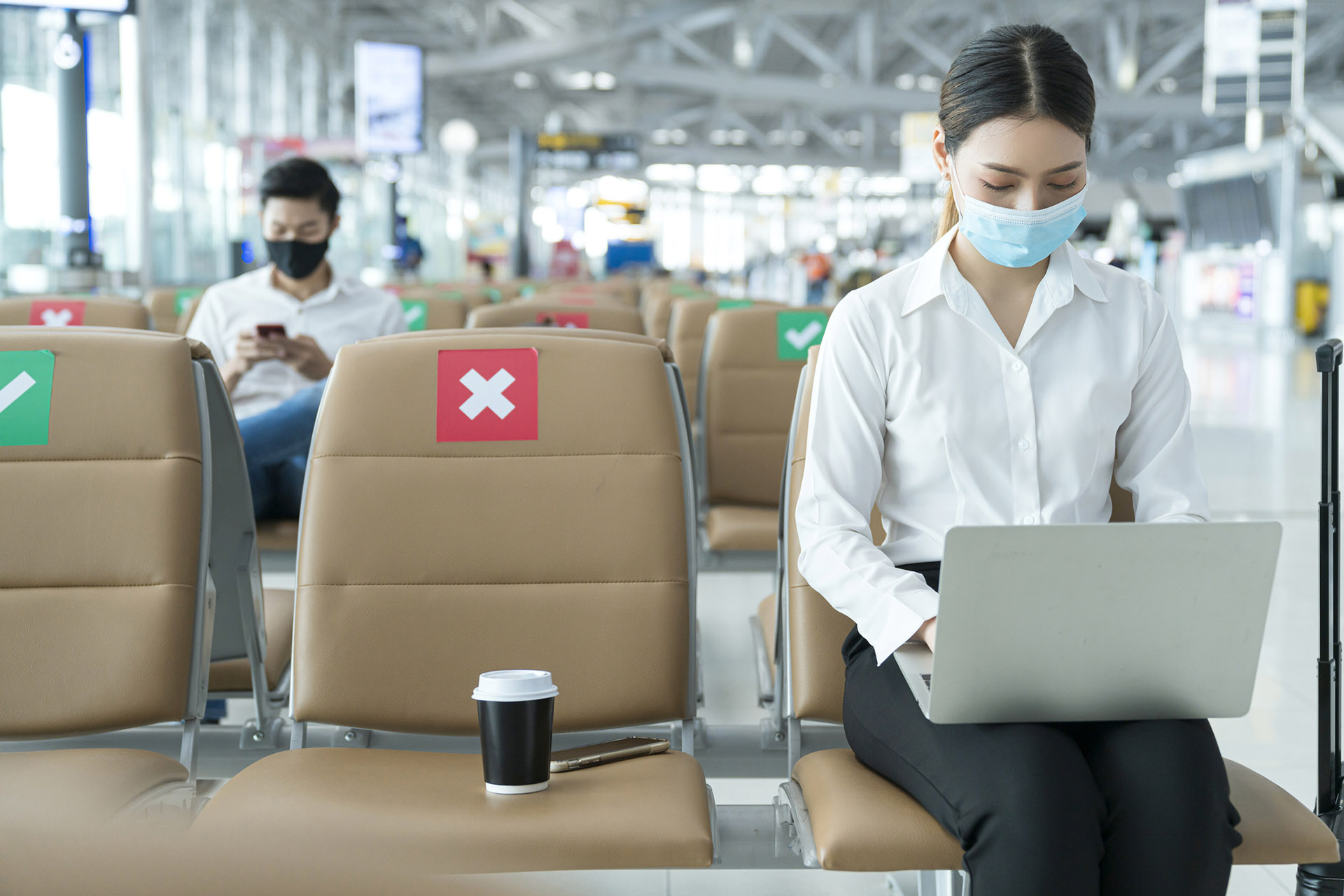
Virtual cards and AI-driven policy will surge in popularity
The year 2020 should have been the breakthrough year for virtual cards with a series of major industry players bringing out offers. Expect to see their popularity surge in 2021 as organisations look to protect travel programme spend and reduce fraud, as well as alleviate the financial burden on employees who might be in debt or struggling financially in the wake of the pandemic.
Similarly, AI-driven policy will emerge as a way to make travel programmes smarter. For example, dynamic hotel rate caps that leverage data science to determine the maximum price a traveller should pay for a room at any specific time were starting to gain a foothold before the pandemic struck. These caps will grow in popularity in 2021 as companies look to drive down costs without the effort required to negotiate a preferential rate directly with a supplier.
Cleaner, faster, better travel
Just like security was after 9/11, health and wellbeing has found a whole new level. Particularly, the need for contactless transactions, more frequent, robust cleaning and efficient processing to limit pinch points where crowding can ensue. Additionally, the current market, dominated by younger more tech orientated travellers will speed innovation relating to environment.
New environmental research compels companies to use the temporary pause in travel to add new environmentally sustainable practices to their corporate travel programs.For example, Microsoft’s purchase of sustainable aviation fuel to reduce pollution from commercial flights most frequented by its employees.
Whether it’s cleaner planes, easier transfers, greater connectivity, or environmental friendliness, the travel experience will be richer as a result.
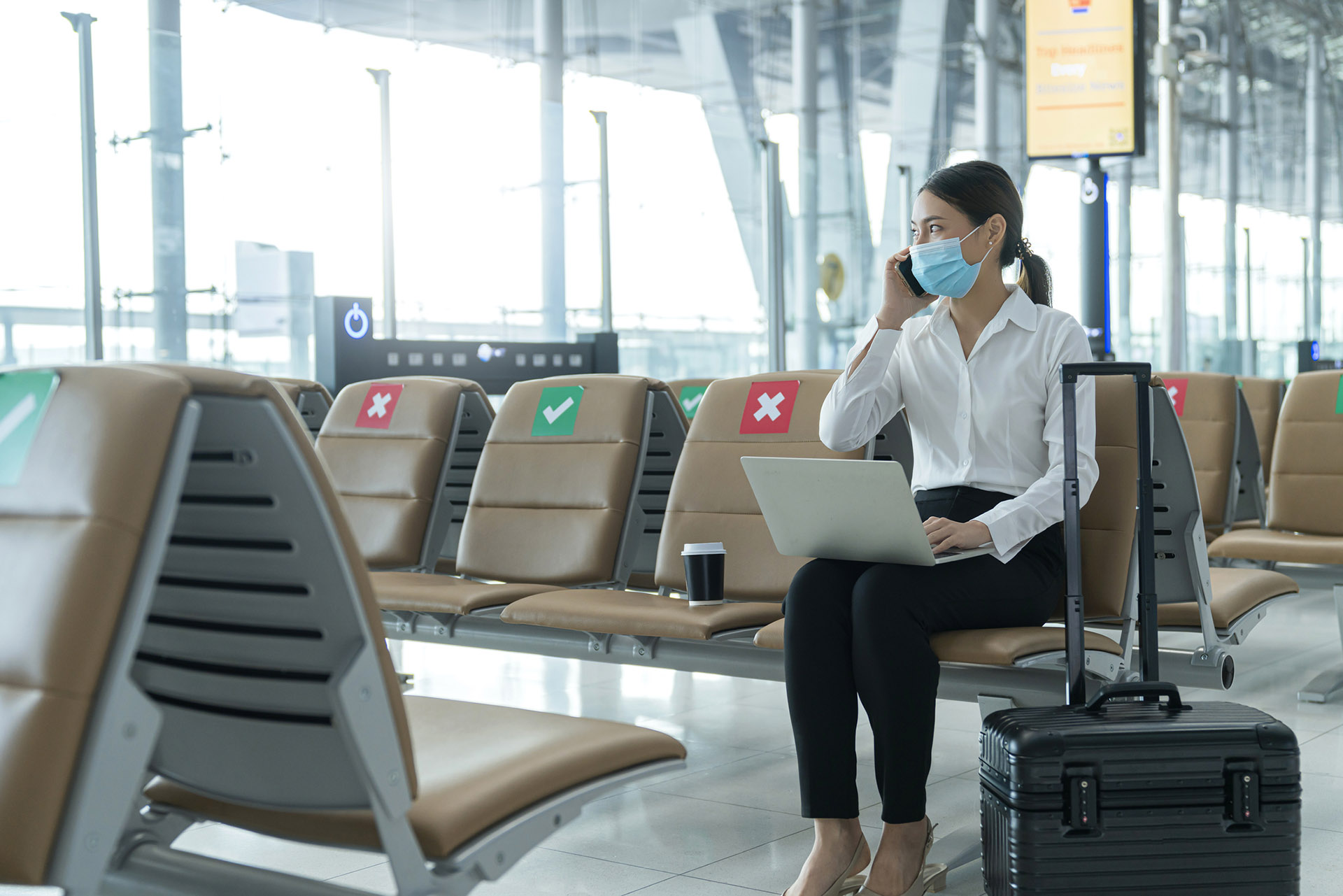
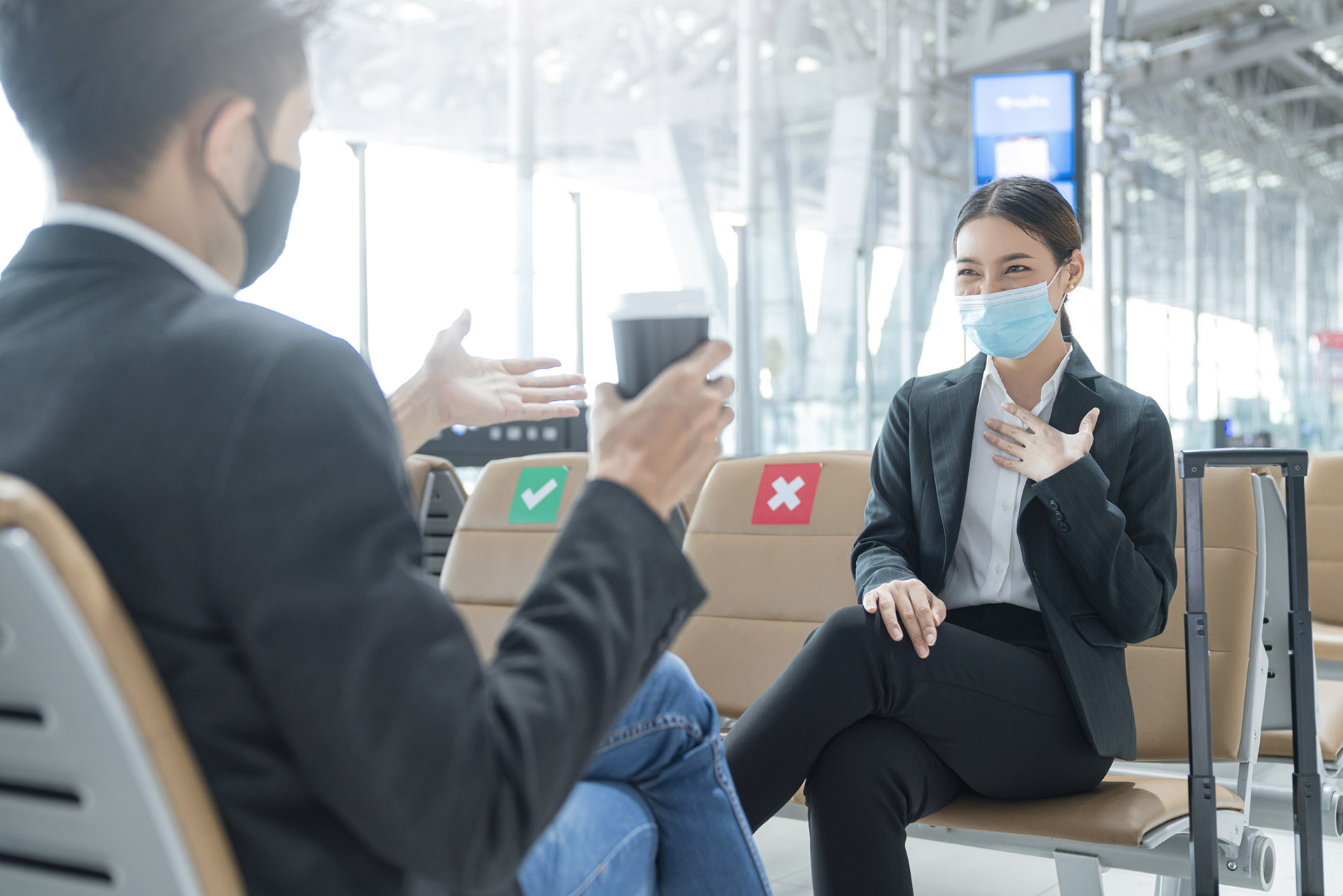
True globalisation
As we have seen, currently each country has different rules and standards for permissible entry and these are continually evolving making it difficult for airlines, airports and other travel industry stakeholders will to adapt.
In order for international travel to resume, a globally recognised digital health passports will become mainstream with travel.
One such global initiative is “The Commons Project, which led by The World Economic Forum is to designed, via a secure app with QR codes, to (1) empower individuals with digital access to their health information, (2) make it easier for individuals to understand and comply with each destination’s requirements, and (3) help ensure that only verifiable lab results and vaccination records from trusted sources are presented
Dwight Eisenhower once said, “Plans are useless, but planning is indispensable.” While 2020 has taught us that it is impossible to predict the future, it is important for the industry to anticipate the trends that will shape the sector once “business as usual” starts to resume.
The most successful organisations will put the traveller firmly at the centre of their plans and seize the emerging opportunities that disruption usually creates.
Thank you to Gray Dawes Consulting manager, Aman Pourkarimi and to Alex Kaluzny for sharing their ideas.
You’ll also find innovative and interactive virtual trips, which walk you through each step of being at the airport, on the train and in the hotel. You can even check the travel restrictions and health status of your destination with our comprehensive COVID-19 Country Tracker, updated five times daily to ensure you have the very latest information to help keep you and your travellers safe.
Travel is changing. But with common sense and a good TMC behind you, travellers should have the confidence to once again take to the skies. It’ll soon be business as (un)usual.

